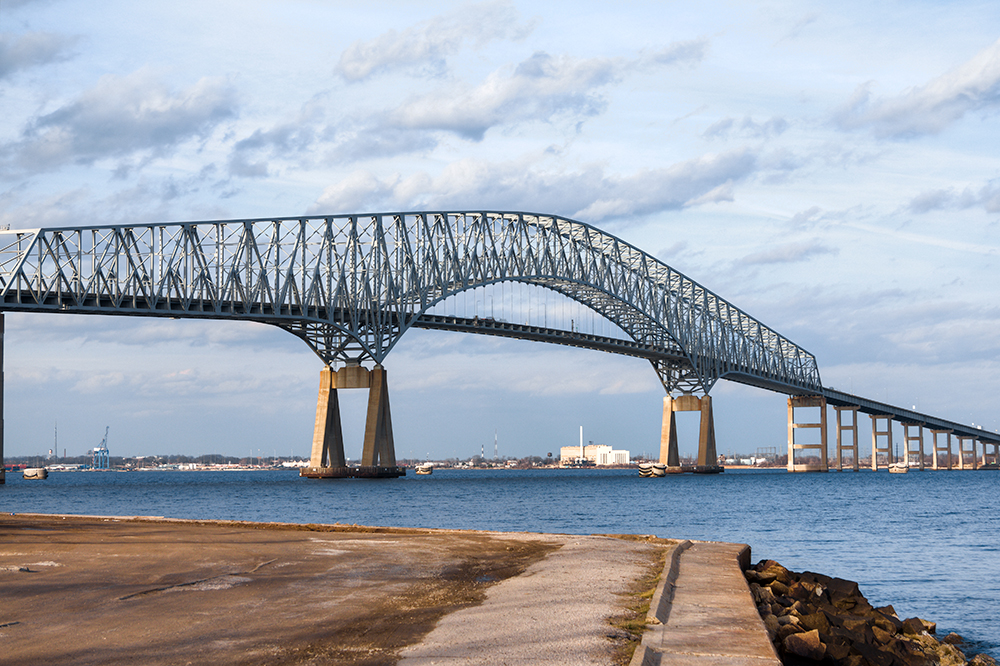Supply Chain Network Optimization, TMS Tools, and Consolidation Strategies Help Shippers Continue to Move Their Goods Despite Disaster.

New Freedom, PA. – April 11, 2024 – Nexterus, a world-class supply chain management and third-party logistics (3PL) services provider, is available to help shippers navigate around the issues caused by the collapse of the Francis Scott Key Bridge and the closing of the Port of Baltimore. On the morning of March 26, 2024, the cargo ship Dali hit the Francis Scott Key Bridge, causing it to collapse into the Patapsco River. The accident also blocked access to the Port of Baltimore.
“There is always a ripple effect throughout supply chains when catastrophic disasters occur like the bridge collapse,” says Ryan Polakoff, President of Nexterus. “These disasters can disrupt shipments for days to weeks. We can help shippers keep their goods moving using our supply chain network optimization tools to find alternative transportation modes; by consolidating multiple shipments into fewer loads to lower costs, reduce empty trucks, and avoid delays; and by utilizing our robust transportation management system to find additional carriers that we have vetted and are in our network.”
The Francis Scott Key Bridge carried 12.5 million vehicles in 2023, averaging more than 34,000 daily. A week after the collapse, nearby carriers’ operations have been impacted, leaving local trucks with fewer loads and longer transportation times. Trucks moving hazardous materials will now be subject to roughly 30 miles of detours around the City of Baltimore because they are prohibited from using the city’s tunnels, adding significant time, fuel, and costs for shippers.
The Port of Baltimore employs about 15,000 people and generates $4.7 billion in economic value for Maryland. The port is the top domestic port for roll-on/roll-off equipment like cars, trucks, and farm equipment. Shippers of Ro/Ro equipment will have to find alternative ports to unload cargo, which will cause longer shipping times and an upheaval at the ports. The Washington Post states, “Many ships stuck in the port were destined to stop at other U.S. ports to load and unload goods before heading overseas, a complicated logistical dance now scrambled by the bridge collapse.”
The Nexterus TMS enables shippers to track freight and make better decisions about carrier selection, load optimization, and shipment consolidation. Nexterus has expertise and experience in creating supply chain strategies to move loads in a timely, cost-effective manner.
